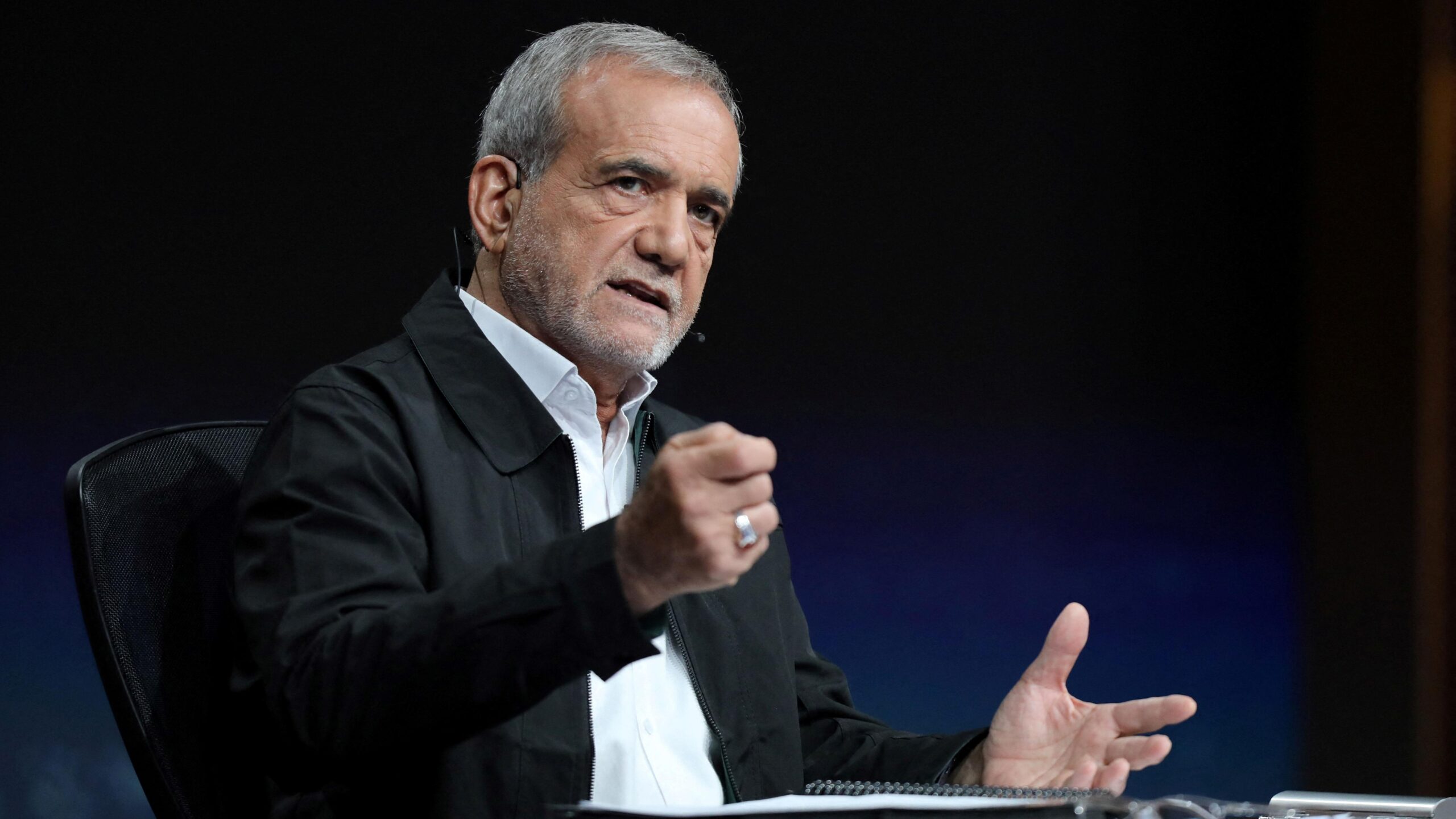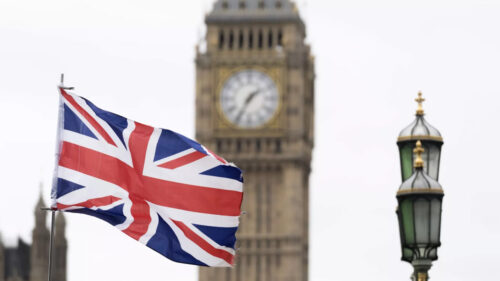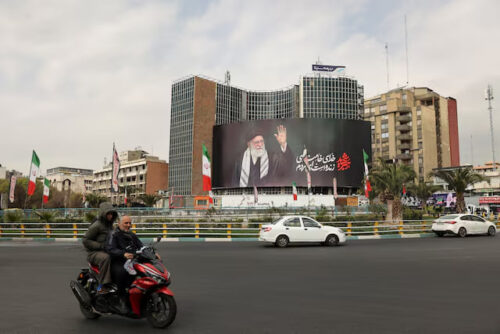
The Guardian: The stances of Iran and Russia on various issues have become more obvious
Iran’s decision to sell Russia short-range missiles supplementing Moscow’s existing supplies appears, on the surface, to be a political reversal for Masoud Pezeshkian, Iran’s new reformist president, The Guardian writes.
He was elected on a promise to lift sanctions and develop more balanced relations with the east and west, especially Europe. The bulk of his diplomatic appointments, including the retention of the former foreign minister Javad Zarif as an adviser, underscored that intention, and already a lively debate had started in Tehran about the extent to which Iran and Russia’s interests truly aligned.
Tehran’s Russia skeptics were making some headway pointing to positions taken by Moscow on the future of the Armenia-Azerbaijan conflict that undermined Iran’s territorial integrity. There was also anger at Russia’s stance over Iran’s claim to three islands in the strait of Hormuz. In the reformist press, it also became commonplace to allege that Russia was trying to put a stone in the road of better Iranian-European communications.
“It is not right to break relations with Russia or create a conflict, but it is necessary to reach a balance as soon as possible,” Salal Sadatian, a former Iranian chargé d’affaires in the U.K. in the 80s, said.



